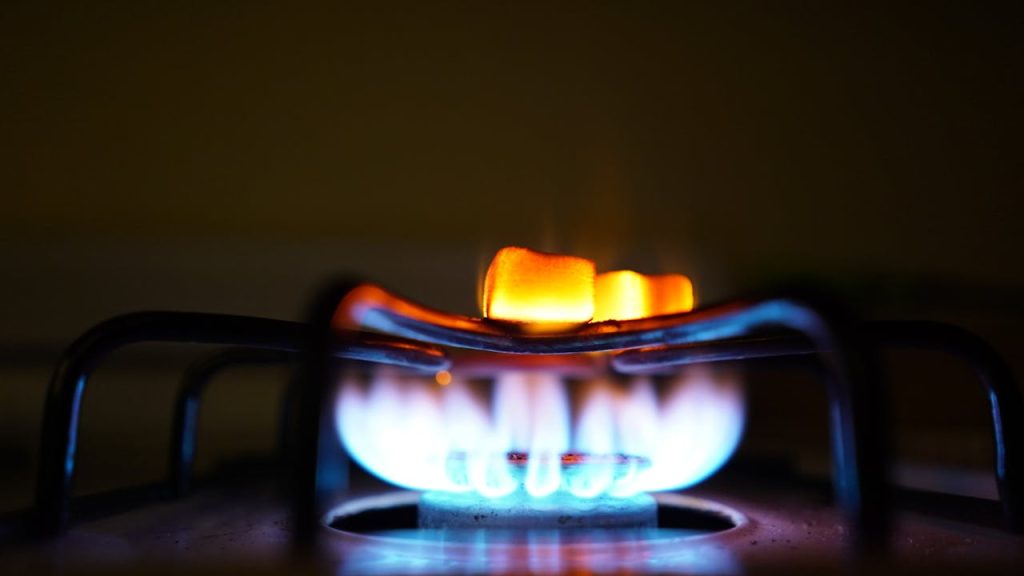
Some appliances you use every day might soon be illegal in your state. New rules are changing what you can buy, install, or even keep in your home. These bans are not just about saving energy—they’re about health, safety, and the environment. If you own one of these appliances, you could face fines or be forced to replace it. Knowing which appliances are banned can help you avoid trouble and plan for the future. Here’s what you need to know about these six banned appliances and what you can do if you own one.
1. Gas-Powered Stoves
Gas stoves have been a kitchen staple for decades. But some states and cities are now banning them in new homes and buildings. The main reason is indoor air quality. Gas stoves release nitrogen dioxide and other pollutants that can harm your lungs, especially in small or poorly ventilated spaces. Children and people with asthma are at higher risk. California and New York have already passed laws restricting the installation of gas stoves in new construction. If you’re planning a remodel or buying a new home, check your local rules. If you already have a gas stove, you don’t have to rip it out, but you might want to consider switching to electric or induction for better air quality.
2. Incandescent Light Bulbs
Incandescent bulbs are cheap and familiar, but they waste a lot of energy. That’s why several states have banned their sale. The federal government has also set new efficiency standards that make it almost impossible to find these bulbs in stores. States like California and Vermont have gone even further, banning most incandescent bulbs outright. If you still have some at home, you can use them until they burn out, but you’ll need to switch to LEDs or CFLs when you replace them. LEDs use less energy and last much longer, so you’ll save money in the long run. If you’re worried about the light quality, modern LEDs come in many shades and brightness levels.
3. High-Flow Showerheads
A hot, powerful shower feels great, but high-flow showerheads use a lot of water. Some states, especially those facing drought, have banned showerheads that use more than 2 gallons per minute. California, Colorado, and New York have strict rules about water use in homes. If you’re buying a new showerhead, look for the WaterSense label. These models use less water but still give you a good shower. If you have an old high-flow showerhead, you don’t have to replace it right away, but you might want to. You’ll save water and money on your utility bills. Plus, you’ll be ready if your state tightens the rules.
4. Freon-Based Air Conditioners
Older air conditioners often use a refrigerant called Freon (R-22). It’s being phased out because it damages the ozone layer. The EPA banned the production and import of Freon in 2020, and many states are enforcing this ban. If your AC unit was made before 2010, it probably uses Freon. You can still use your old unit, but if it breaks, you might not be able to get it fixed. Newer air conditioners use safer refrigerants that don’t harm the environment. If you’re thinking about replacing your AC, make sure the new one uses an approved refrigerant.
5. Non-Energy Star Washing Machines
Washing machines that don’t meet Energy Star standards are being banned in some states. These older models use more water and electricity. States like California and Washington have set strict efficiency rules for new appliances. If you’re shopping for a new washer, look for the Energy Star label. It means the machine uses less water and energy, which saves you money. If you have an older washer, you can keep using it, but you might pay more on your utility bills. Upgrading can also help the environment by reducing water and power use.
6. Wood-Burning Stoves (Non-EPA Certified)
Wood stoves can make a home feel cozy, but older models release a lot of smoke and pollution. Many states now ban wood stoves that aren’t certified by the EPA. These bans are common in areas with air quality problems, like parts of California, Oregon, and Washington. If you have an old wood stove, you might be required to remove it if you sell your home. Newer, EPA-certified stoves burn cleaner and are much more efficient. If you rely on wood heat, upgrading to a certified stove is a smart move. It’s better for your health and the air you breathe.
What This Means for Your Home and Wallet
Bans on these appliances are changing what you can buy, use, and keep in your home. If you own one of these banned appliances, you don’t have to panic. Most bans only apply to new sales or installations, not to what you already have. But it’s smart to plan ahead. Upgrading to newer, more efficient appliances can save you money and help the environment. It can also make your home safer and healthier. Check your state and local rules before making any big purchases or renovations. Staying informed helps you avoid fines and unexpected costs.
Have you had to replace any of these banned appliances? Share your story or tips in the comments below.
Read More
6 Dangerous Home Appliances That You’re Using Every Day
Tiny Home Features That Quietly Lower Your Resale Value
The post These 6 Appliances Are Now Banned in Certain States—Do You Own One? appeared first on The Free Financial Advisor.







